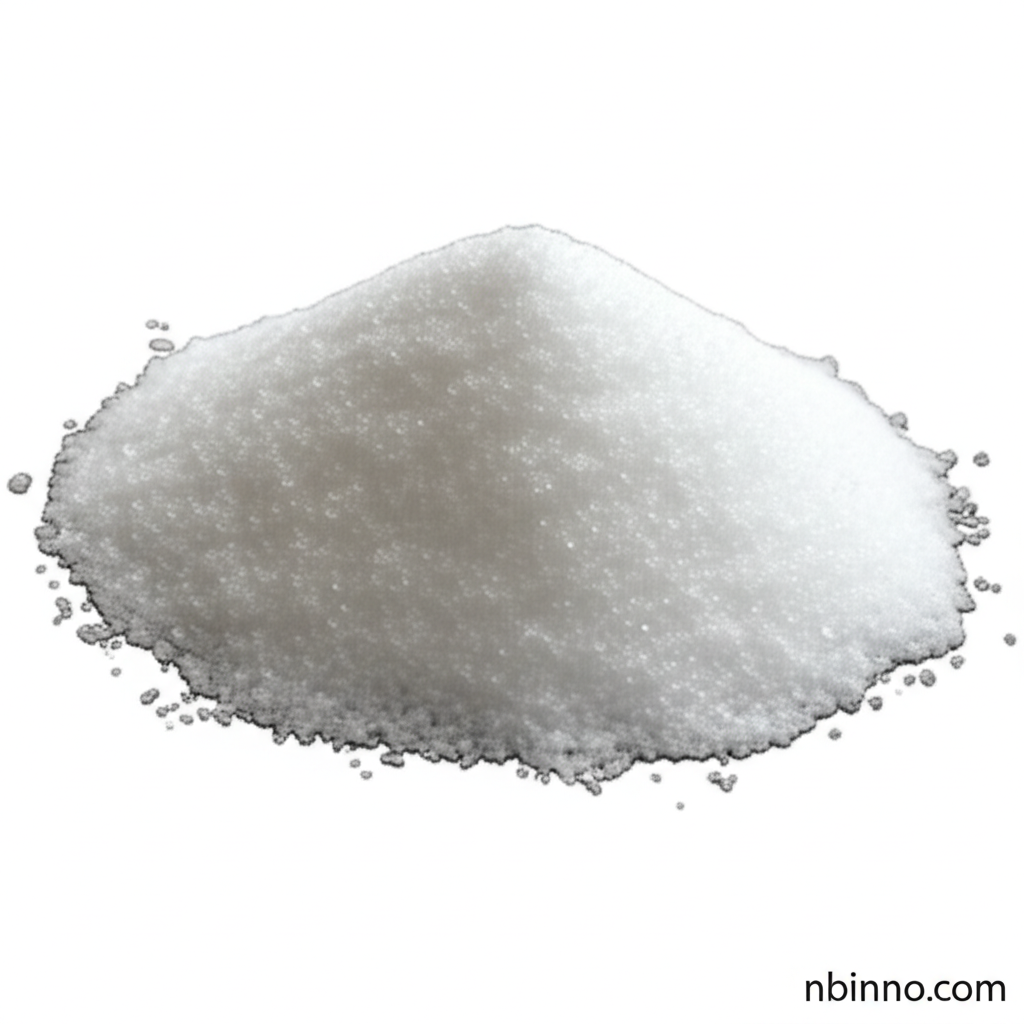Dihydroactinidiolide: Properties, Applications, and Benefits of a Versatile Natural Compound
Discover the multifaceted world of Dihydroactinidiolide (CAS: 17092-92-1), a valuable natural compound with applications ranging from flavoring to advanced biological research, highlighting its unique properties and potential.
Get a Quote & SampleProduct Core Value

(2,6,6-Trimethyl-2-hydroxycyclohexylidene)acetic acid lactone
We are a leading supplier in China for high-quality (2,6,6-Trimethyl-2-hydroxycyclohexylidene)acetic acid lactone. This natural compound, also known as Dihydroactinidiolide, is prized for its pleasant aroma and diverse biological activities. As a reliable manufacturer in China, we ensure purity and consistency for all your research and industrial needs.
- Explore the diverse biological activities of Dihydroactinidiolide, including its potent plant growth inhibition and neuroprotective effects, essential for cutting-edge research.
- Understand the chemical properties of CAS 17092-92-1, vital for its effective application in various scientific fields.
- Learn about the natural occurrence and synthetic preparation of Dihydroactinidiolide, showcasing its accessibility and versatility.
- Investigate the use of Dihydroactinidiolide as a flavoring agent, contributing to its value in the food and fragrance industries.
Advantages Provided by the Product
Versatile Applications
Leverage the dual utility of Dihydroactinidiolide as a natural flavoring agent and a key compound in pharmaceutical research, supported by its known biological activities.
High Purity and Quality
Benefit from our commitment as a premier supplier in China, delivering Dihydroactinidiolide with exceptional purity, crucial for reliable research outcomes and product development.
Natural Occurrence and Synthesis
Utilize a compound that is both naturally found in plants like tea and tobacco and can be synthesized, providing flexibility in sourcing and application based on your specific requirements.
Key Applications
Flavoring Agent
As a natural compound with a sweet, tea-like odor, Dihydroactinidiolide enhances the sensory profiles of various food products, making it a valuable component in the flavor industry.
Fragrance Component
Its pleasant aroma allows Dihydroactinidiolide to be used in fragrance formulations, adding unique olfactory notes to perfumes and personal care products.
Biological Research
With documented antioxidant, antibacterial, anticancer, and neuroprotective effects, Dihydroactinidiolide is a compound of interest for researchers exploring new therapeutic avenues.
Plant Science Studies
Its role as a plant growth inhibitor and regulator of gene expression makes Dihydroactinidiolide a key subject in studies related to plant physiology and development.
